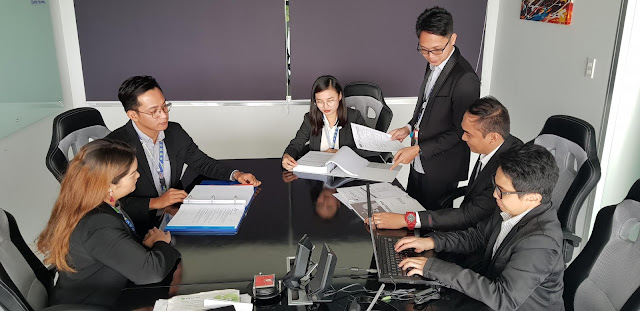Lesson from the Australian Energy Crisis: Hire a BPO company
Last year, the
Australia's energy crisis left many small businesses bleeding due to increasing
energy costs. Hospitality, marketing services, back offices and local call
centers have been victims of this crisis. Often, the businesses indicated
above, will find it difficult to maximize their profit if energy costs remain
high. Saving costs for business can be really challenging, however, there is
one temporary cost-cutting strategy that will help reduce your energy bills.
Simple tasks like turning off air conditioning units, reduce the number of
lights on, or having the PC monitor sleep after couple of minutes are just some
of the energy efficient ways to lower energy costs. Over time, these small acts
may save you thousands of dollars yearly, but there would come a time that
you'll need to revert back to the old usage as you expand or increase business
processes, voiding the yearly savings you make back to zero, but if this
happens, you should also be making more money.
Business expansion is
inevitable and this means having to spend more on electrical cost. Adding more
staff means additional computers and higher AC and heating usage, which can
double your energy costs; regardless on having an eco-friendly and
energy-saving electronic environment. Since electric bill expenses are beyond
everyone's control, it's up to the decision makers to control the expenses
through other means.
Double your Savings in an Instant
The energy crisis and
rising local costs, pushes businesses to hire a BPO (Business Process Outsourcing) company. The BPO companies’ purpose is to provide back office
services from an overseas location, thus reducing costs locally, which means
salaries and energy costs are reduced. This results to further energy
efficiency as well as some other benefits from outsourcing business processes
such as direct cash savings and the flexibilities that virtual assistants
provide the business.
Energy prices may
continuously go up in the following years to come, if this can't be avoided,
the last trump card to play is on hiring a BPO company to save on salaries.
According to news, the Australian energy crisis will be existent until 2020,
meaning businesses should tap into other means of savings. Having a BPO company
to host cloud employees means that the business does not need to add new
employee physically, also saving space. No additional employee means using less
of the company's electricity bill as the outsourcing company pays for the their
own utility costs.
Furthermore, in
another study, it suggested that 70% of the companies that enter outsourcing
agreements makes big savings, not just on energy cost, but on other significant
costs.
Does savings
translate into quality?
BPO companies employs
experienced talent from a talent-rich country like the Philippines. The
Philippines is known to be the number one outsourcing location in the world due
to cheaper salaries while at the same time, maintaining high standards of
quality work. Salaries of outsourced employees are 40-60% cheaper compared to
local salaries. Filipinos are also excellent when it comes to speaking english
since it is their second language and the language is taught at school as early
as first grade. Filipino culture is another strong point to consider since
Filipinos are very polite, kind and trustworthy. Combination of all of these
traits equals good employees that every company needs. This means businesses
can add more staff and maintain high work quality and without paying additional
costs, particularly on energy bills.
With the energy
crisis that Australia is facing, it is evident that the most affected are the
ones in the business industry. To solve this and at the same time to the
business running, the number one solution is to hire a BPO Company. Working
hand in hand with a BPO Company will help you save a lot of time, effort and of
course, costs. Thus, less workspaces, less electricity and energy needed, and
most importantly, your business will get higher savings while increasing work
efficiency and quality of output with the help the BPO Company.
Marc Mangubat
Co-edited by:
Tony Godbehere






